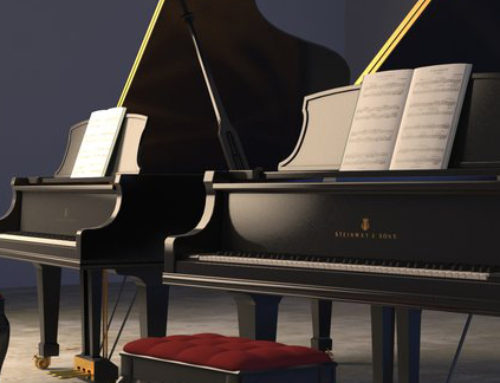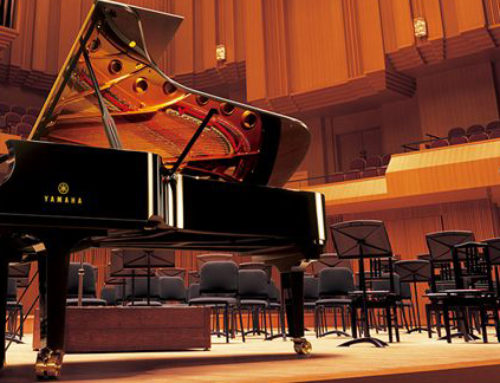Weighing the pros and cons is helpful when choosing a musical instrument. There are many factors to take into consideration, such as cost, maintenance, size, and life span. When deciding whether to purchase an acoustic piano or an electronic (digital) piano, there are also other significant factors that should not be overlooked.
While an electronic keyboard is sometimes an attractive option for those who don’t want to invest in an upright piano, those cost savings come with a sacrifice, including the ability to learn how to inject the musician’s unique expression and personality into his/her music. Because of this, as well as other considerations, some music teachers will not provide piano lessons on an electronic keyboard or to those who don’t have experience playing on an acoustic piano.
The benefits of an acoustic piano versus its digital alternative include:
Size: An acoustic piano is full-size, while electronic keyboards are often smaller. Acoustic pianos have 88 keys, but an electronic keyboard may be smaller, with 61 to 88 keys. In addition, the size of the keys may differ, as many electronic keyboards have smaller keys.
Sound: This is where an acoustic piano has a significant advantage over an electronic keyboard. An electronic keyboard produces sound when a key is struck, telling its internal computer which sound to retrieve and make. On the other hand, an acoustic piano produces sound when a key is struck, causing the hammer to hit and bounce off a string. An acoustic piano gives the musician full expression, with the ability to produce a greater range of expression through touch, force, release, speed, and tone. The musician cannot inject such expression through an electronic keyboard because it merely reproduces a stored sound through speakers, and that sound cannot be altered. Because electronic keyboards have speakers, they require a power source in order to be played, while acoustic pianos are the wireless instrument of choice.
Maintenance / Repair: Depending on use and movement, an acoustic piano will require maintenance once or twice a year to keep it in top performance. A digital or electronic keyboard requires little or no maintenance. However, because they are electronic, components may fail. Often, repair costs for an electronic keyboard exceed the value of the instrument.
Longevity / Value: An acoustic piano is built to last and is often passed from one generation to the next. Its value remains stable and can possibly increase throughout the years. An electronic keyboard, however, is like a computer or other electronic device and depreciates quickly, especially after a newer model is released.
While one’s preference is personal, it is especially important for beginning piano players to learn and practice on an acoustic piano in order to fully learn the weight of the keys and the various methods of using the many components to produce the required volume, note length, tone, and full expression. Because an acoustic piano has far greater capabilities than an electronic keyboard, it can play all types of music. This makes the acoustic piano, as well as the grand piano, the preference of both aspiring and experienced musicians.
Click here to learn more about the services Robert’s Piano Services offer.
Call 408.375.3612 today for a free consultation to determine your piano’s needs and create a personalized tuning and servicing schedule based on your piano’s age, condition, usage, and environmental factors.
专业钢琴调音师
钢琴调音器
钢琴维修
钢琴检查
















